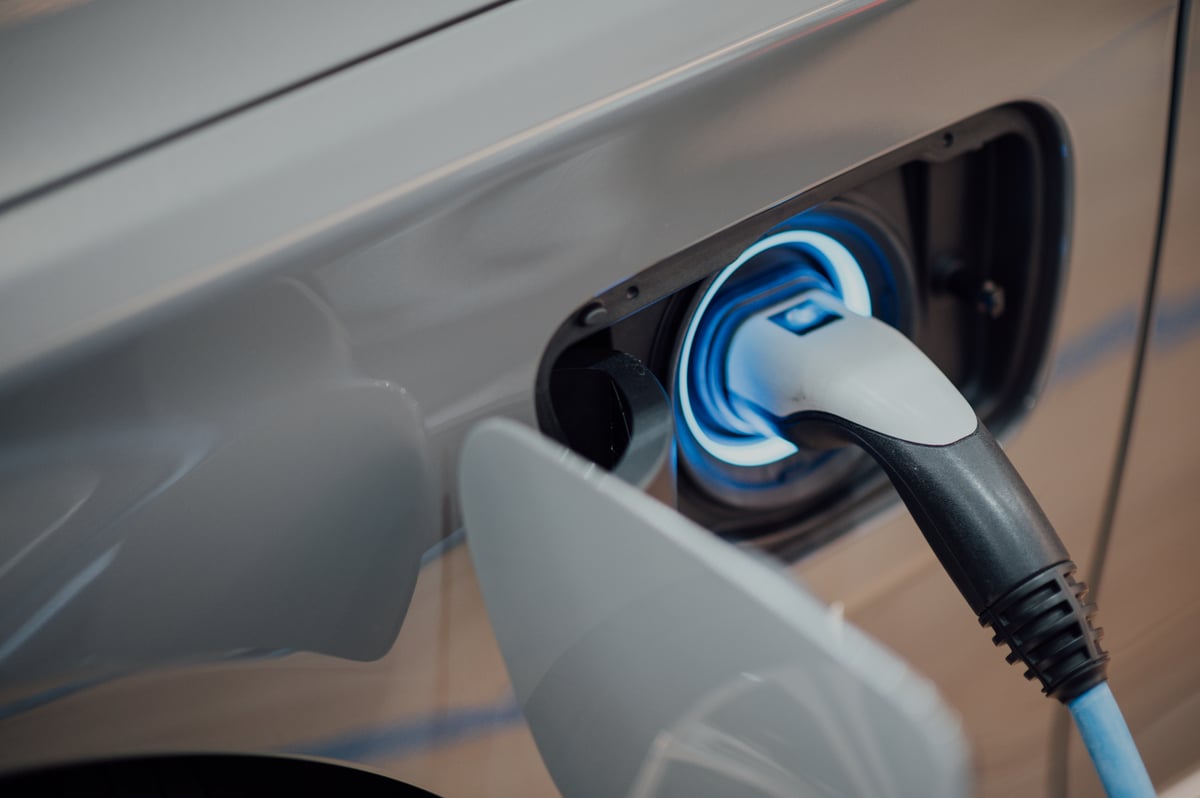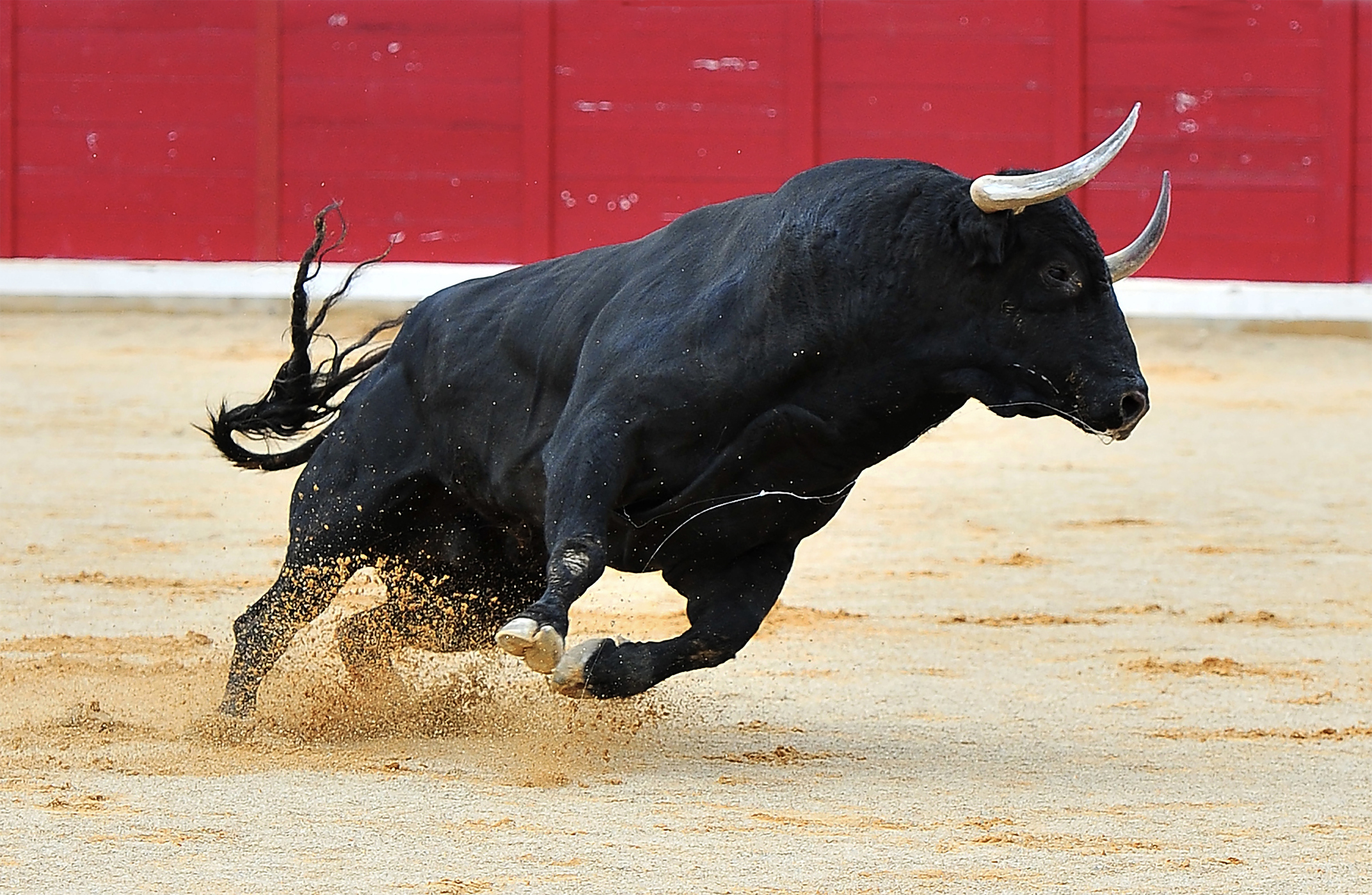Matt Yglesias has a new Substack on money and banking, with the following title and subtitle:
How banks create money out of nothing
The Fed’s two missions are intimately linked
Given that most colleges have a course on “Money and Banking”, the claim in his subtitle is not particularly controversial (although I don’t entirely agree.) But first let’s consider the concept of banks “creating money”.
If you define money to include bank deposits (as most people do), then obviously banks do have some role in the process of money creation. Because arguments about “banks creating money out of thin air” involve a great deal of confusion, let’s start there first. I’ll begin with an analogy using the restaurant industry. What determines growth in the nominal size of the restaurant industry?
1. Growth in nominal GDP.
2. Growth in the share of NGDP comprised by the profit-maximizing restaurant industry.
3. Non-profit maximizing growth in the restaurant industry.
Suppose that in 2000, restaurant comprised 5% of GDP. If GDP were $10 trillion, then the restaurant industry would be $500 billion. Now assume that NGDP doubles to $20 trillion in 2020. Other things equal, the restaurant industry will double to $1 trillion.
Other factors (both supply and demand side) may impact restaurants as a share of GDP. Immigration might add to the supply of restaurants with tasty new menus. More women working and rising real incomes might lead to people eating out more often. Suppose these factors push the restaurant industry up to 6% of GDP. In that case, the industry would increase to $1.2 trillion in 2020.
And finally, a restaurant might decide to grow larger even though it reduced profits. They could offer larger portions to induce more customers, selling meals at a loss. I don’t think this factor is all that important in the aggregate, but it’s a theoretical possibility.
Banking is similar, with three factors determining the nominal size of bank deposits (i.e. bank “money”):
1. Growth in nominal GDP.
2. Growth in the ratio of deposits to NGDP in the profit-maximizing banking industry.
3. Non-profit maximizing growth in bank deposits.
The first factor is easy to explain. In the US, the Fed determines NGDP. If NGDP doubles over time, that will tend to double the equilibrium quantity of bank money. This is related to the concept of “velocity”.
We all know that velocity is not a constant, as the ratio of deposits to NGDP changes over time. Lots of factors cause that ratio to change, but the only ones worth spending much time thinking about are the factors that influence the profit-maximizing ratio of bank deposits to NGDP. Yglesias provides a typical thought experiment:
Alternatively, you can ask a bank for a loan that’s secured by the equity in your home. The way that works is the bank will put down in a spreadsheet “John owes us $X, with the loan secured by his home.” Then in another spreadsheet, they’ll put X additional dollars in John’s bank account.
When you get a loan like that from the bank, they don’t tell you “hang on for a couple of hours, we need to scrounge up some extra deposits before we can lend you the money.” In part because just like the deposits “in” the bank are, for the most part, not physically located anywhere, the expectation is that you’re not going to be getting your loan in the form of physical cash. These are all just spreadsheet entries. The bank goes from having no entries about you on their spreadsheets to having one entry about the money in your bank account and another entry about the money you owe them. The act of lending you the money created the bank deposits. And by taking out the loan, you transform yourself from being someone who has a lot of home equity but no money into someone who has a bunch of money but less home equity. You and the bank worked together to create money.
I don’t find that sort of thought experiment to be particularly helpful, as it isn’t clear whether this transaction is assumed to be profitable. When I think about factors that affect the ratio of deposits to NGDP, I focus on those that impact the equilibrium size of the banking industry. Consider the following example:
An economic boom leads banks to spot more opportunities for making profitable loans. When the loans are made, the borrowers are given a bank deposit in the fashion discussed by Yglesias. But then the borrowers withdraw the money to pursue their goals. Here there are several possibilities. One possibility is that the same shock that caused more equilibrium lending also causes people to wish to hold proportionately more bank deposits in aggregate, even at the same interest rate. If that is not the case, it’s possible that interest rates rise during the boom. Increasingly profitable firms are willing to pay higher borrowing rates, and banks can then offer depositors higher rates to induce them to keep the money in banks rather than moving to alternatives such as mutual funds.
In that case, you can think of new loans leading to new deposits. But one can also envision a shock where people become more inclined to deposit money in the bank (perhaps due to more generous deposit insurance.) That inflow of funds into banks depresses interest rates, which increases the number of profitable lending opportunities. As Paul Krugman once said when exasperated tedious MMT arguments, “it’s a simultaneous system”.
If there is no economic “shock” that affects the equilibrium size of the banking industry as a share of GDP, is it still possible for a banker to create money out of thin air? Yes, if they are willing to lose money. A banker could suddenly decide to make a loan to someone with a bad credit risk, thereby “creating money”. But why would they do this?
To summarize, when thinking about banks creating money, I’d focus on two primary factors. First, the Fed determines NGDP, and money neutrality implies that a monetary policy that causes NGDP to rise will have a proportional effect on all other nominal aggregates in the economy, including the nominal size of the restaurant industry and the nominal size of bank deposits. In addition, specific economic shocks can cause the profit-maximizing ratio of bank deposits to NGDP to change over time, and this is probably what most people mean when they speak of banks “creating money”. In general, booms tend to lead to positive money creation, and vice versa. Deregulation can also lead to money creation, whereas a financial crisis can reduce the money supply.
So far, there’s nothing strange or different about banking. The same sorts of factors that determine the nominal size of the restaurant industry also determine the nominal size of the banking industry. So why does Yglesias think banking is special and that the Fed should control both monetary policy and banking regulation?
Under the gold standard, banking shocks often had a big impact on NGDP, whereas restaurant industry shocks have relatively little impact on NGDP. The central bank might want to regulate banking to prevent a banking crisis from reducing the money supply and NGDP. Yglesias worries that this issue might even arise under a fiat money regime:
A lot of people made a lot of ignorant criticisms of the 2007-2008 bailouts. As bailout defenders have always argued, if we’d let more banks fail, we would have had a stronger pullback of lending activity and an even larger contraction in aggregate demand — more unemployment, a deeper recession, and so forth. Dean Baker always offered the non-ignorant counter that whatever contraction arose from bank failures, you could have just done more stimulus to compensate. I think the counter-counter is that sure you “could have,” but nobody was in fact going to. We had some bank bailouts and some interest rate cuts and some fiscal stimulus and it was all pulling in the same direction, and the problem was that it wasn’t enough.
I’m not convinced the Fed would not have offset a more severe banking crisis, but it’s a defensible argument. I’m also not convinced that the Fed needed to be involved in the bailout, but I suppose there are also arguments that the Treasury could not or would not have done as effective a job without Fed assistance.
As I said at the top, I don’t think acknowledging the reality of endogenous money necessarily leads to any radical policy conclusions.
“People put deposits into the bank, and then the bank lends the deposits out” is a decent approximation of how things work for most purposes, even if the reality is more complicated.
One thing that does follow, though, is that central banks’ roles as bank regulators and as macroeconomic stability agencies necessarily get muddled together.
I’m not sure it’s necessary, but perhaps it’s inevitable.
In any case, Yglesias gets to the core issue in his Substack post, without all the nonsense you often see in “endogenous money” debates. From a certain perspective, everything is endogenous. But waving around the term “endogenous” like a magic wand doesn’t resolve any interesting monetary questions.
Here’s a Buffalo bank from the golden age of bank architecture:














